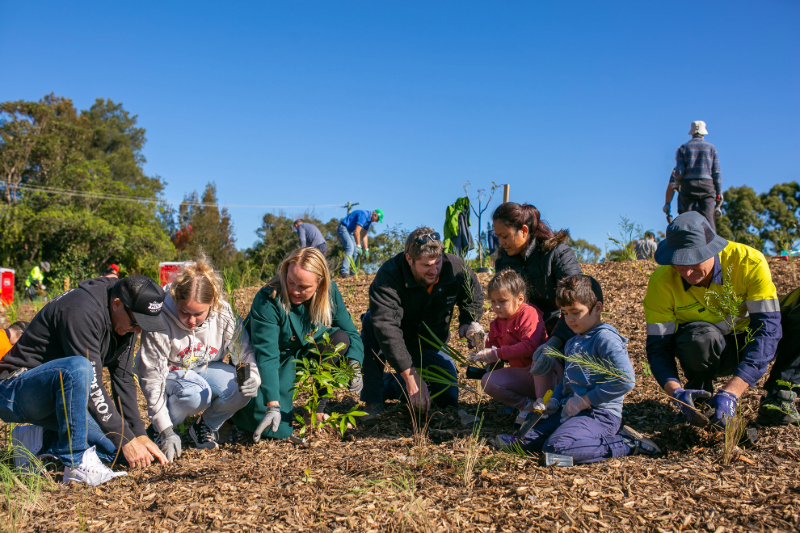Women’s sport has received a major injection with 26 projects receiving funding through the NSW Government’s $30 million Level the Playing Field Program.
The program, which was inspired by the success of the Matildas at the FIFA Women’s World Cup 2023, will fund the construction of new and upgraded sports facilities, including amenities and lighting improvements across NSW.
Recipients have received grants between $200,000 – $2 million, including the new Shell Cove Sport and Recreation Facility at Shellharbour, upgrades to Bathurst Indoor Sport Stadium and upgrades to Don Waring Oval at Port Stephens.
Minister for Sport Steve Kamper joined female futsal players at Football NSW’s Indoor Futsal Stadium today after the organisation received $600,000 for upgrades to the Stadium and two fields at Valentine Sports Park in Glenwood.
Find out more about the Level the Playing Field Program, including the list of funding recipients
Minister for Sport Steve Kamper said:
“The NSW Government is levelling the playing field for women’s sport.
“By transforming and expanding sports facilities across NSW we are enabling more women and girls to participate in sport.
“But most importantly, we are providing safer, more comfortable and more inclusive facilities, breaking down the barriers that have traditionally prevented many women from participating in sport.”
Minister for Women Jodie Harrison said:
“Sport should be inclusive for people of all ages, genders and abilities.
“But we know women face different barriers to men when participating in sport.
“This program delivers on the NSW Government’s commitment to creating a level playing field for women at all levels of sport.
“Through projects like the ones announced today, we will enable more women and girls to develop a lifelong love of sport.”
Football NSW CEO John Tsatsimas said:
“Female football is bursting at the seams post the FIFA Women’s World Cup, with female participation up 17% year to date.
“The upgrading and improvement of football facilities at Valentine Sports Park will assist in attracting and retaining more females to football as we target 50/50 gender participation in the next 10 years.
“Our two infrastructure projects at Valentine Sports Park will encourage a safe, and accessible facility that significantly enhances our Home of Football, with an emphasis on creating an inclusive space for women and girls.”

 Tree planting is just one of the ways young Novocastrians can deliver a climate change solution.Alongside Melbourne and Hobart, Newcastle was one of only three Australian cities to be chosen for the funding by the YCAF, which will provide technical assistance to support up to 100 cities worldwide in delivering youth-led climate action.
Tree planting is just one of the ways young Novocastrians can deliver a climate change solution.Alongside Melbourne and Hobart, Newcastle was one of only three Australian cities to be chosen for the funding by the YCAF, which will provide technical assistance to support up to 100 cities worldwide in delivering youth-led climate action.